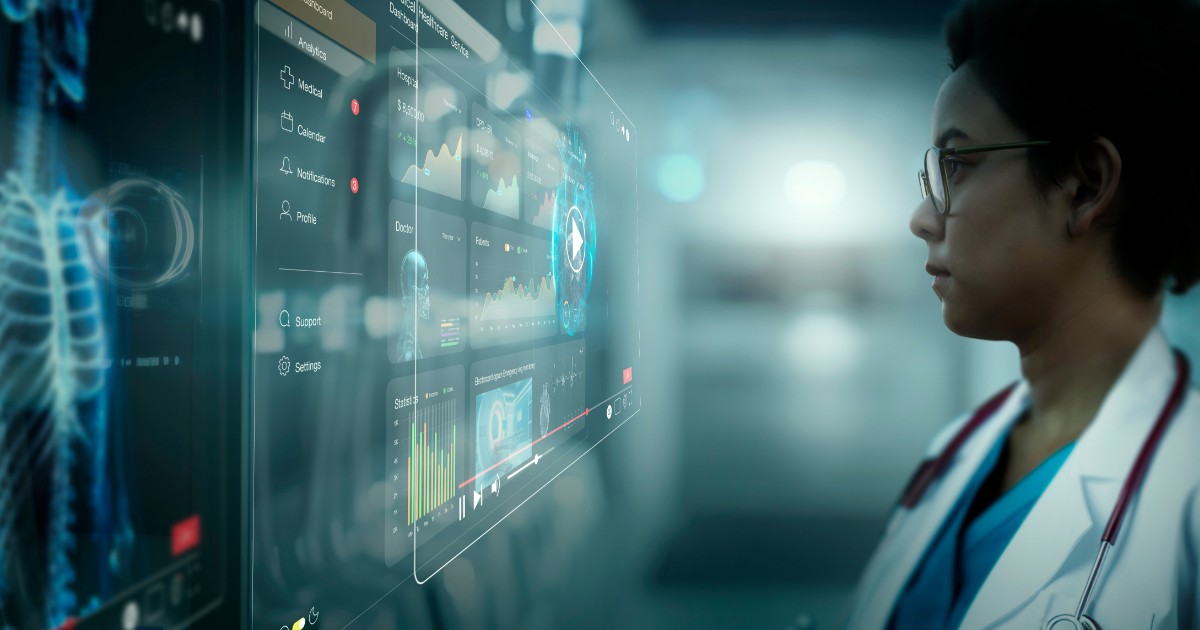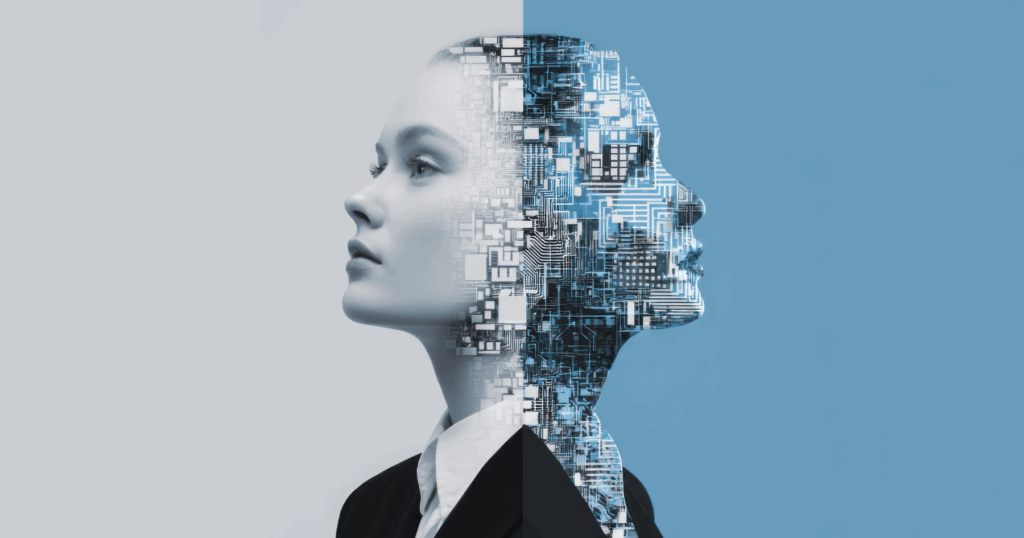Generative AI is still in the early stages of development, but it has the potential to revolutionize industries. The global market for GenAI is expected to grow from 10.6 billion USD in 2023 to 100.5 billion USD by 2028.
Generative Artificial Intelligence (GenAI) has emerged as a groundbreaking technology with the potential to revolutionize many industries. By leveraging machine learning algorithms, generative AI systems have advanced in generating creative and engaging content, producing realistic images, and even composing music. This blog post delves into the potential of generative AI in various sectors and its implications for the future.
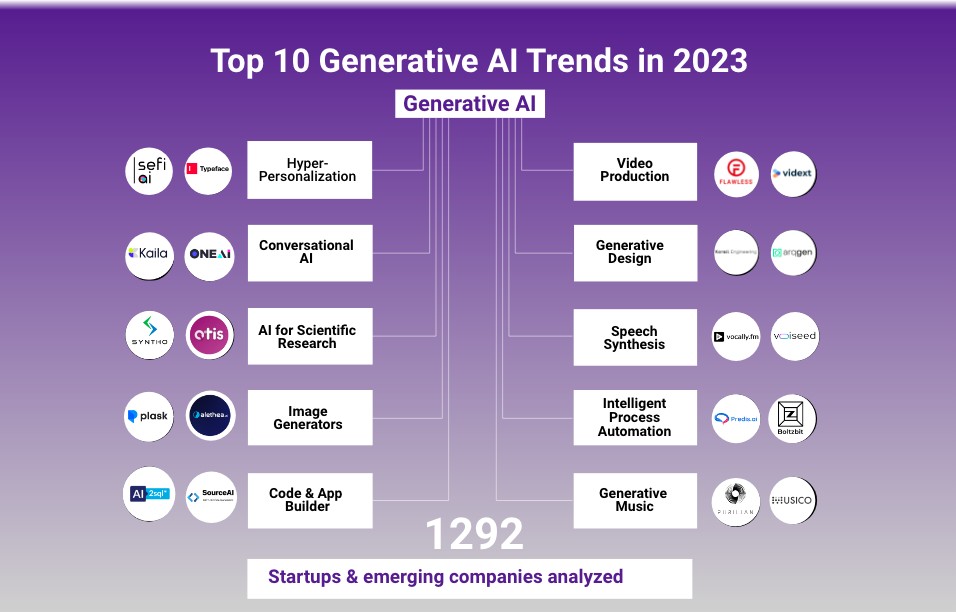
Source: startus-insights.com
Generative AI is already being used in a variety of real-world applications. Here are a few examples of how it is being used today:
Advertising and Marketing
The advertising and marketing industry has embraced generative AI to create compelling content and personalized advertising campaigns. With the ability to analyze large volumes of data, GenAI helps marketers understand consumer behavior, preferences, and trends. For example, the AI-powered marketing platform Albert can generate personalized email campaigns and landing pages that are tailored to each individual customer. By generating tailored content and advertisements, businesses can improve customer engagement and drive conversions.
Gaming and Virtual Reality
In the field of design and creativity, GenAI has proven to be a game-changer. By analyzing patterns, aesthetics, and user preferences, AI algorithms can generate visually appealing designs, illustrations, and even website layouts. This not only saves time for designers but also brings a fresh and innovative perspective to their work. The AI-powered music generator Jukebox, for example, can create music that is indistinguishable from human-created music. The AI-powered writing assistant Bard can generate realistic and informative text on a wide range of topics.
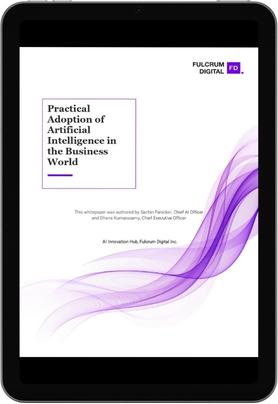
PRACTICAL ADOPTION OF AI IN THE BUSINESS WORLD
Discover the path to seamlessly integrate artificial intelligence into your business operations in this comprehensive whitepaper.
Healthcare and Medicine
The potential of genAI in healthcare and medicine is immense. AI-powered systems can analyze medical records, clinical data, and diagnostic images to assist in the diagnosis and treatment of various conditions. For instance, the AI-powered drug discovery platform DeepMind is being used to develop new drugs for a variety of diseases, including cancer and Alzheimer’s. In drug discovery, generative AI helps in identifying potential compounds and optimizing drug development processes. This technology has the potential to revolutionize patient care and improve medical outcomes.
Artificial Intelligence (Al) tools have been used in the life sciences and pharmaceutical industries. To improve the diagnosis, treatment and prevention of various diseases, data collected from various patients can be combined and evaluated using various Al technologies. In addition, clinicians in clinical testing and patients during appointments and therapeutic follow – up can use voice and speech recognition. Dictation can also assist AI in theoretical concept and content writing.
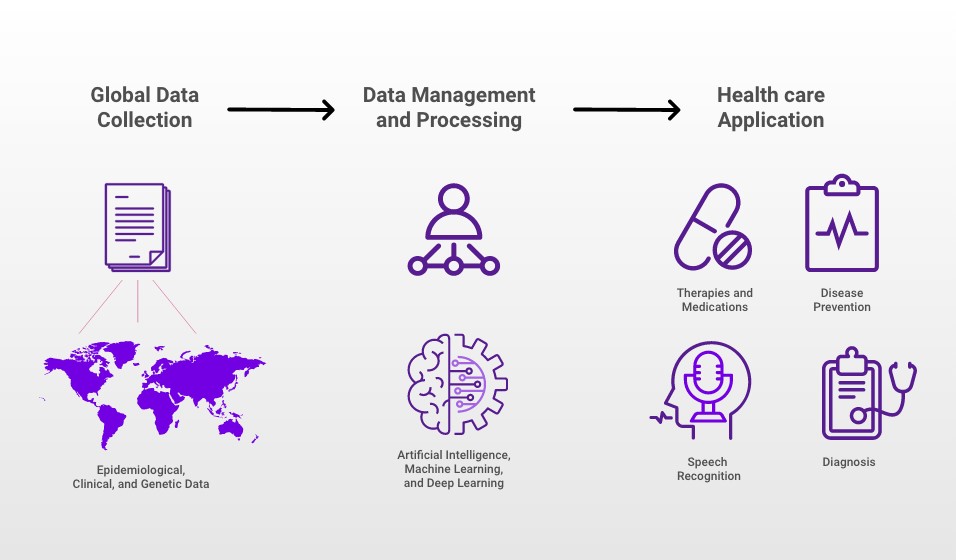
Source: startus-insights.com
Journalism and Content Creation
With the rise of GenAI, journalism, and content creation have witnessed significant advancements. AI can help automate content creation by generating data-driven news articles, reports, and summaries. By analyzing patterns and extracting relevant information, GenAI systems can assist journalists and writers in delivering accurate and timely content.
Finance
GenAI is being used to develop new financial products and services and to detect fraud. For example, the AI-powered financial services company Kensho uses generative AI to develop new investment strategies and to detect fraudulent transactions.
Other industries
A recent study by McKinsey found generative AI could add 2.6 trillion USD to 4.4 trillion USD to the global economy by 2030. GenAI is also being used in a variety of other industries, such as education, manufacturing, and logistics with a variety of real-world applications.
The AI-powered educational platform Knewton, for example, uses generative AI to create personalized learning plans for students. And the AI-powered logistics company Waymo uses genAI to develop self-driving trucks.
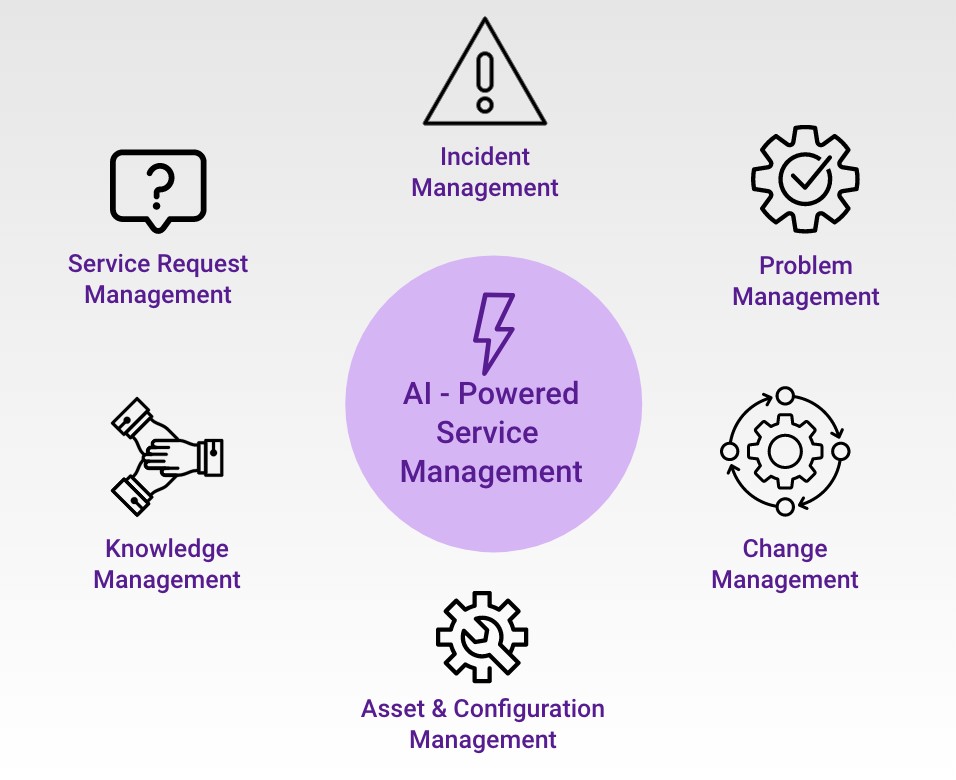
Source: crime
Conclusion
Generative AI is poised to reshape many industries, from advertising and gaming to design, healthcare, journalism, and beyond. Its ability to generate content, improve user experiences, and automate tasks offers new opportunities for innovation and efficiency. It is crucial, however, to address ethical considerations and ensure the responsible use of generative AI to maintain transparency and fairness, and to avoid unintended consequences.
